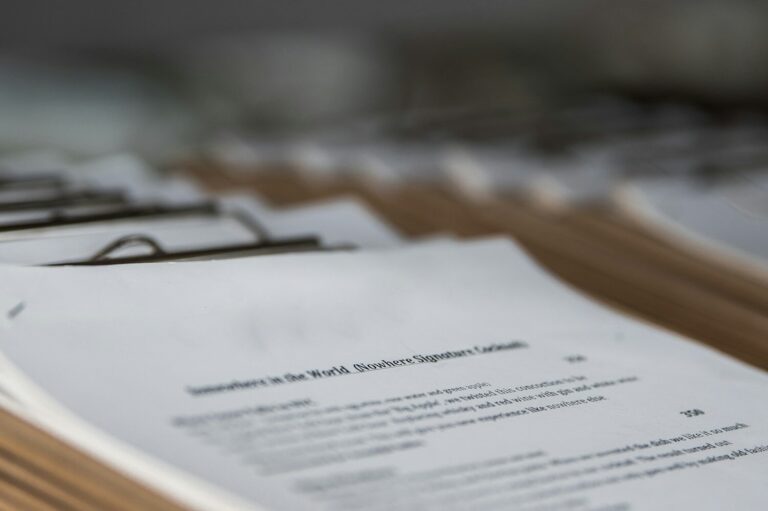Commercial leases are legally binding contracts that set out the rights and obligations of both landlords and tenants. When one party fails to meet those obligations, it amounts to a breach of lease. The consequences can be serious, ranging from financial penalties to the termination of the lease altogether.
Understanding what constitutes a breach, and how the law deals with it, is essential for both landlords and tenants. Whether it’s unpaid rent, disrepair or unauthorised changes to the property, knowing your options can help you act quickly and protect your position.
Common types of breach
Breaches of a commercial lease can arise on either side of the agreement.
For tenants, the most frequent breaches include:
- Failing to pay rent or service charges on time
- Not keeping the property in the agreed state of repair
- Making unauthorised alterations or subletting without consent
- Using the property for purposes outside the permitted use in the lease
- Failing to insure the property as required
Landlords, too, can be in breach of their obligations. Typical examples include neglecting essential repairs, failing to provide utilities, interfering with the tenant’s right to quiet enjoyment or entering the premises without proper notice.
Remedies for landlords
When a tenant breaches a lease, landlords have several legal options. The most severe is forfeiture – the right to bring the lease to an end and recover possession of the property.
In most cases, landlords must first serve a Section 146 notice under the Law of Property Act 1925. This notice specifies the breach, requires it to be remedied (if possible) and may demand compensation. If the tenant fails to comply, the landlord can then begin forfeiture proceedings.
For breaches relating to rent arrears, landlords can often proceed directly to forfeiture without issuing a Section 146 notice.
Aside from forfeiture, landlords can also:
- Claim damages for losses caused by the breach
- Apply for specific performance to force the tenant to meet their obligations
- Seek an injunction to prevent continuing or repeated breaches
Tenant’s options when a landlord breaches
When it is the landlord who breaches the lease, tenants also have legal remedies. The first step is usually to raise the issue directly with the landlord and keep a clear written record of all correspondence. If that fails, formal options include:
- Specific performance: Applying to the court to compel the landlord to carry out their obligations, such as making repairs.
- Recovery of costs: In some cases, tenants may carry out urgent works themselves and seek reimbursement.
- Damages: Tenants may be entitled to claim compensation for losses suffered as a result of the landlord’s failure, such as lost business income.
- Lease termination: In extreme cases where the landlord’s breach is fundamental, the tenant may have the right to treat the lease as ended.
Forfeiture and relief from forfeiture
If a landlord has lawfully forfeited the lease, tenants still have a potential safety net. They can apply to the court for relief from forfeiture. If granted, the lease will be reinstated as if forfeiture never occurred. Relief is usually only available if the tenant remedies the breach and compensates the landlord within a set period – commonly six months. Delay in applying can mean this right is lost.
Mitigating losses
Landlords are under a duty to mitigate their losses after a breach. For example, if a tenant leaves the premises, the landlord must take reasonable steps to relet the property rather than simply allowing losses to mount. Failure to do so can limit the damages they are able to recover.
What this means for you
Breaching a commercial lease can have far-reaching consequences for both landlords and tenants. Landlords may be able to claim damages or even bring the lease to an end, while tenants can take action if a landlord fails in their duties.
The key is to act quickly and seek professional advice before the situation escalates. At Osbourne Pinner Solicitors, our commercial property team can review your lease, explain your rights and guide you through the most effective course of action.
Start with a free 30-minute consultation to help you take the next step with confidence. Contact us by video call or come to our offices in Harrow, Canary Wharf, Piccadilly Circus or Manchester.
Book today by using the form below, calling 0203 983 5080 or emailing [email protected].




